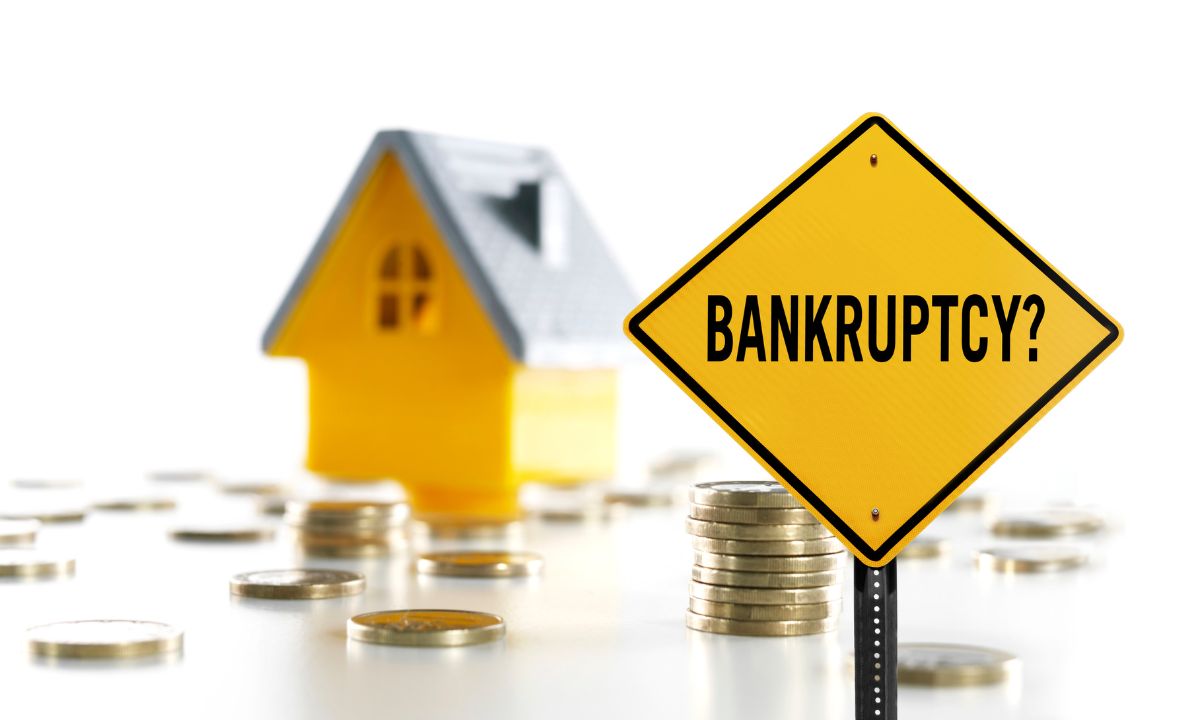 Filing for bankruptcy can make your dream of homeownership feel distant, but it doesn’t have to be the end of the journey. While there are challenges, understanding how bankruptcy impacts your finances and planning strategically can set you on the right path. Here’s a step-by-step guide to buying a home after bankruptcy.
Filing for bankruptcy can make your dream of homeownership feel distant, but it doesn’t have to be the end of the journey. While there are challenges, understanding how bankruptcy impacts your finances and planning strategically can set you on the right path. Here’s a step-by-step guide to buying a home after bankruptcy.
The Long-Term Impact of Bankruptcy
Bankruptcy creates immediate financial relief but also leaves a lasting mark on your credit report. This can affect your ability to qualify for a mortgage, but it’s important to remember that bankruptcy doesn’t close the door to homeownership forever.
The Role of Credit Scores
One of the biggest hurdles after bankruptcy is the impact on your credit score. Your score plays a central role in mortgage approval. After bankruptcy, it’s crucial to focus on rebuilding your credit. Responsible management of your debts—paying bills on time, keeping credit card balances low, and avoiding new credit applications—can help improve your credit score over time.
The Waiting Period
Most mortgage lenders require a waiting period after bankruptcy before you can apply for a mortgage. The waiting period varies depending on the type of bankruptcy filed and the loan program you’re pursuing:
- Chapter 7 bankruptcy: You’ll need to wait at least 2 years before applying for an FHA or VA loan, and up to 4 years for conventional loans.
- Chapter 13 bankruptcy: The waiting period may be as short as 1 year after filing if you’ve made on-time payments under your repayment plan, but 2 years after discharge is generally the norm for FHA and VA loans.
Exploring Government-Backed Loans
Government-backed loans like FHA and VA loans are often more forgiving for individuals with a bankruptcy on their record. These loans offer the chance to become a homeowner with lower credit score requirements and down payments, although you may face slightly higher interest rates compared to other loan options.
Interest Rates After Bankruptcy
While bankruptcy can lead to higher interest rates initially, you’re not stuck with those rates forever. By improving your credit score and demonstrating financial responsibility post-bankruptcy, you can negotiate better terms or refinance your mortgage later to secure a lower rate.
Financial Counseling and Expert Advice
Seeking professional advice from mortgage consultants and financial advisors can be a game-changer in your journey to homeownership. They can help you navigate loan options, improve your financial standing, and guide you through the mortgage process after bankruptcy.
Rebuilding and Moving Forward
Bankruptcy may feel like a setback, but it doesn’t define your future. By focusing on rebuilding your credit, understanding your loan options, and following a structured financial plan, you can achieve your goal of homeownership despite past financial challenges.
Buying a home after bankruptcy requires patience, planning, and financial discipline. With the right approach, you can move past the setbacks of bankruptcy and make homeownership a reality.